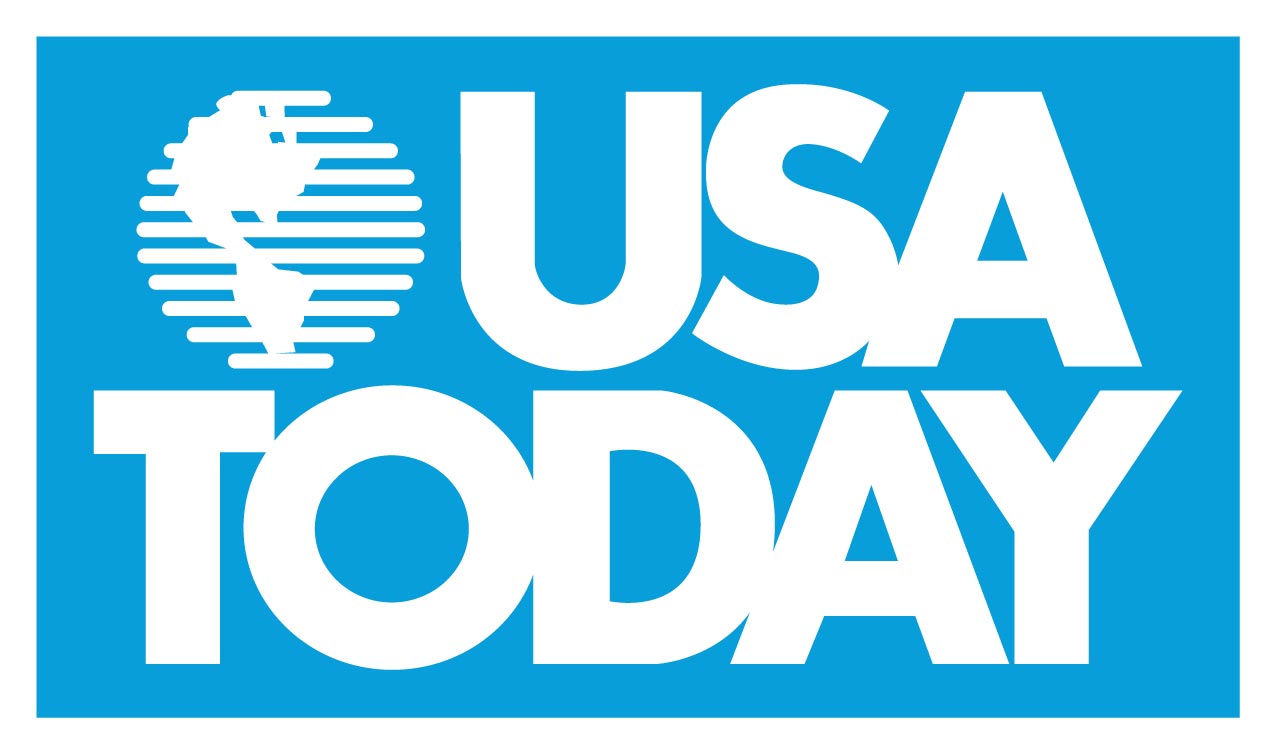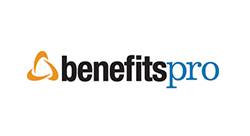
March 14, 2019
How Should Employers Handle Drug Addiction at Work? by Anne Fisher. "Chase wrote an illuminating book called The Opioid Crisis Wake-Up Call that is packed with case studies of companies, including GM and IBM, that have successfully overhauled their medical plans. Benefits managers, take note: He suggests three litmus tests for whether your company is inadvertently adding fuel to the opioid addiction fire. The first warning sign, Chase says, is if “payment for primary care in your system is based on volume,” which encourages health care providers to write quick-fix prescriptions." Read more.

February 20, 2019
Insurers Hand Out Cash and Gifts To Sway Brokers Who Sell Employer Health Plans. By Marshall Allen. "Dave Chase, a Washington businessman, created Rosetta in 2016 after working with tech health startups and launching Microsoft's services to the health industry. He says he saw an opportunity to transform the health care industry by changing the way employers buy benefits. He says brokers have the most underestimated role in the health care system." Read more.

December 3, 2018
Can Better Cancer Care Lower Companies' Health Costs? by Beth Pinsker. “It’s a nice message to send to the employee: They care enough about you to send you to the Mayo Clinic to make sure you get the best treatment. With the misdiagnosis rate, it easily pays for itself,” said Health Rosetta’s Chase. Read more.

November 8, 2018
Breakaway Brokers by Dan Cook. They call themselves consultants rather than brokers. They intend to make their money ultimately by delivering measurable value to clients, rather than taking fees for services that may or may not be in the client’s best interests.Read more.

October 10, 2018
I didn't want heavy painkillers after surgery--but my hospital pushed opioids on me anyway. By Dave Chase/Emma Passe. “Recently, a member of the Health Rosetta community (Emma Passe) shared a harrowing story in the USA Today that could have led to her death. When we learned of Emma's story, we reached out to the USA Today as it was an important story that had to be told. Emma's op-ed is excerpted below. As Congress just passed a large opioid bill that is going to the President's desk to sign, it's important to recognize that most are greatly over-simplifying the opioid crisis." Read more.

October 4, 2018
The Best Way for Employers to Help End the Opioid Crisis. By Dave Chase. “Truly solving the opioid crisis means getting serious about tackling the broader challenges of how health care is paid for, delivered and prescribed. In fact, armed with the proper knowledge and tools, employers can use their market power to enact real change and protect workers from the risk of opioid overuse and addiction." Read more.

October 3, 2018
Why Does Opioid Dependence Vary so Dramatically by U.S. State? By Alessandra Malito & Quentin Fottrell. “Physicians may also have less time to spend treating and diagnosing patients. Hospital systems and even health-insurance companies “gobbling up primary-care practices (PCP) has led to drive-by appointments” where PCPs need to average 7- to 8-minute appointments in order to hit productivity targets, says Dave Chase, author of The Opioid Crisis Wake-up Call.” Read More.

September 21, 2018
Workers Overdose on the Job, and Employers Struggle to Respond. By Jenny Gold. “Employers have been asleep at the wheel,” said Dave Chase, co-founder of Health Rosetta, a company that certifies employer health benefits, and author of “The Opioid Crisis Wake-Up Call.” Some companies are “key, unwitting enablers,” he added." Read More.
